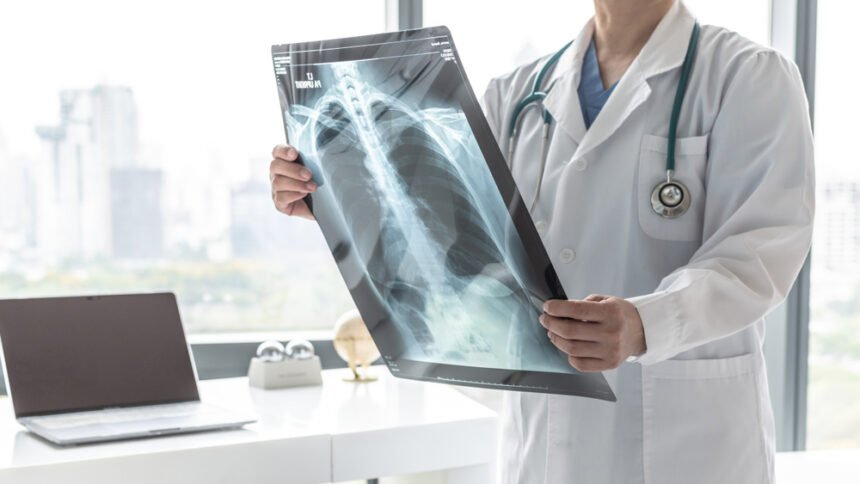Chronic Obstructive Pulmonary disease (COPD) refers to a group of lung conditions that cause breathing difficulties.
COPD is very common in the UK and mainly affects middle aged or older adults who currently smoke, or who used to smoke. Some people have severe and life-changing symptoms, whilst others don’t even know they’ve got it.
Breathing problems associated with COPD usually get worse gradually over time and can make day-to-day activities such as walking difficult. However, with the right treatment COPD can be controlled.
The umbrella term ‘COPD’ includes:
- Chronic bronchitis: A long-term inflammation of the airways
- Emphysema: Where the air sacs in the lungs are damaged
Causes of COPD
The main cause of COPD is smoking, although it’s not unheard of amongst some non-smokers. It happens when the lungs become damaged, inflamed and narrowed.
The longer someone smokes, and the more they smoke, the higher the chances they will develop COPD at some point in their lives. However, in non-smokers, COPD can occur due to long term exposure to dust or irritants, or simply because of a genetic problem that leaves the lungs vulnerable.
Treatments
COPD has no cure, but there are a range of treatments that can alleviate symptoms and slow down its progression.
Treatments include:
- Stopping smoking – this is essential in COPD sufferers who still smoke
- Inhalers and tablets – these can make breathing easier
- Pulmonary rehabilitation – a specialised programme of exercise and education
- Surgery or a lung transplant – this is incredibly invasive so is a last resort in the most serious of cases
Are patients with COPD at an increased risk for COVID-19?
Since patients with COPD are vulnerable to viral respiratory tract infections anyway, and COPD is generally affects only the elderly, COVID-19 is extremely dangerous. Of course, COPD is not the only co-morbidity that can negatively affect a COVID-19 patient’s outcome, but it is one of the most common. However, just because a patient has COPD, it doesn’t mean they’re more likely to catch the virus in the first place. But those with COPD and COVID-19 have a much worse clinical outcome compared with patients who don’t have COPD. They are therefore in a very high risk category, regardless of their age.
Do you feel comfortable diagnosing and treating a patient with COPD?
Perhaps you regularly see patients with other common respiratory conditions, such as asthma too? If so, why not sign up to PDUK’s accredited course A Non-medical prescribers guide to COPD and Asthma in adults.
Designed specifically for advanced nurse practitioners, practice nurses, community nurses, registered nurses and other allied health professionals, the course is delivered online so is ideal for remote learning. The programme looks at current evidence-based medication management for patients that present with COPD or Asthma, and is convenient, flexible and highly interactive. Taking place on the 20th November 2020, it’s a half-day course worth 4 hours of CPD. With COVID-19 still very much with us, we expect this course to be popular so strongly recommend you sign up early.









